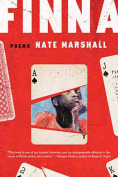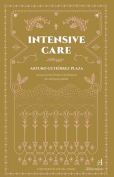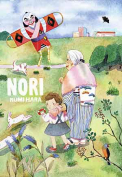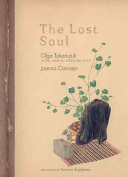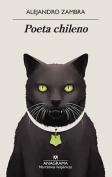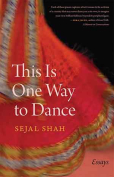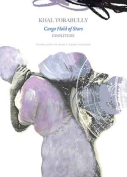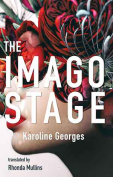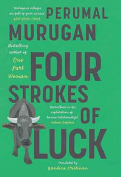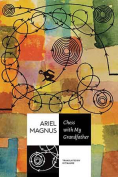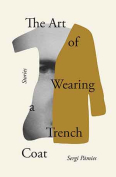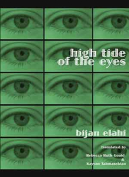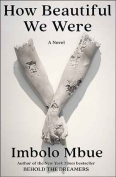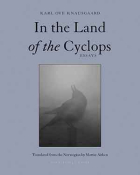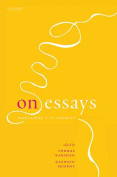Nori by Rumi Hara
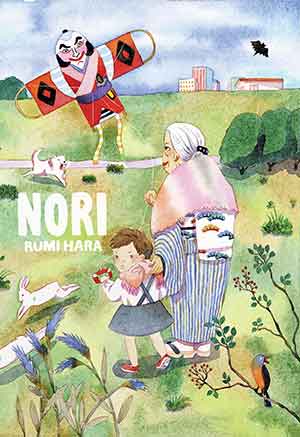 Montreal. Drawn & Quarterly. 2020. 228 pages.
Montreal. Drawn & Quarterly. 2020. 228 pages.
NORI TAKES PLACE IN 1986 in the suburbs of Osaka, and it follows the daily adventures of a young girl named Noriko, or Nori for short, and her grandmother who cares for her while her parents are at work. Mischievous and headstrong, the young Nori is constantly running off and causing trouble for her grandmother, who can’t help but dote on her.
This sequence of short pieces takes readers through slice-of-life adventures in late Showa-period Osaka, brimming with the city’s characteristic warmth. Through the eyes of a child, the mundane experiences of everyday life become fantastical, and Nori has no shortage of imagination. Often the comics will slip into her daydreams, and her imagination comes to life on the page, showing things to be as strange as she imagines them.
As Nori explores the world around her and comes to learn about her place in it, her grandmother is the one by her side, helping guide her through the parts of human experience that can be altogether strange for a child. At the same time, Nori’s grandmother also finds herself with a new world to navigate as Japan of the 1980s is a wholly different time from the war and postwar years that she lived through. This gap in age and experience makes for some truly heartwarming moments, such as when the two of them win a trip to Hawaii and both have to find their way around a foreign culture together.
Those expecting manga-style illustrations from a Japanese graphic novel might be surprised with the artwork of Nori. The style is simple and beautiful, perfect for capturing the tranquil scenery of Osaka. The only color in the book is the cover and the color of the shadows, which changes with each chapter, giving each one a different emotional timbre.
Rumi Hara has created a playful and charming depiction of childhood that reminds readers that no matter how old they get, there are always new experiences on the horizon. Even as decades pass and our surroundings completely change, as they did for Nori’s grandmother, we can still approach the world with an earnest zeal and a childlike wonder.
Reid Bartholomew
Eugene, Oregon








